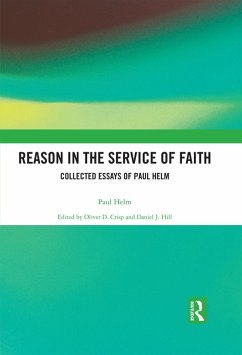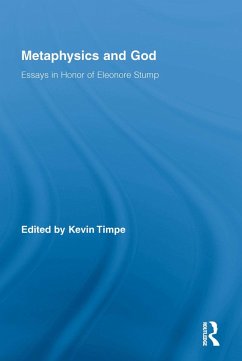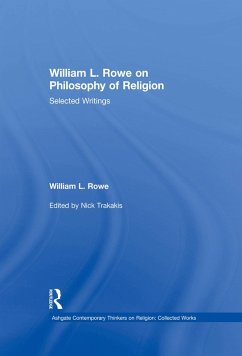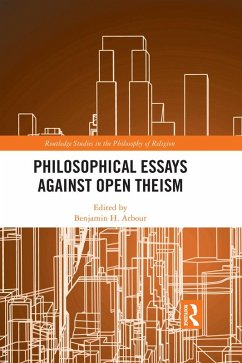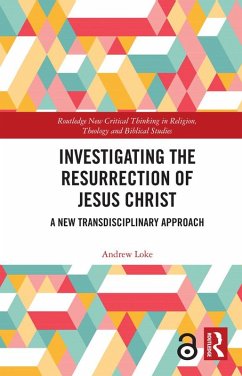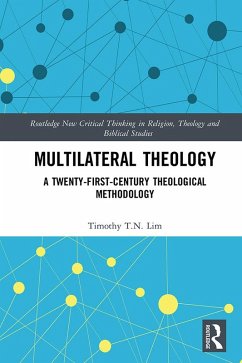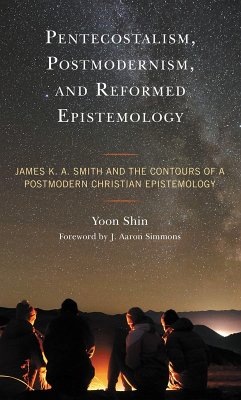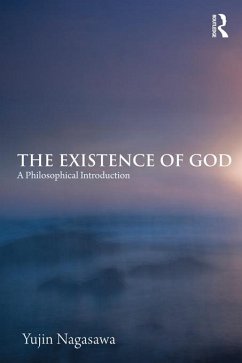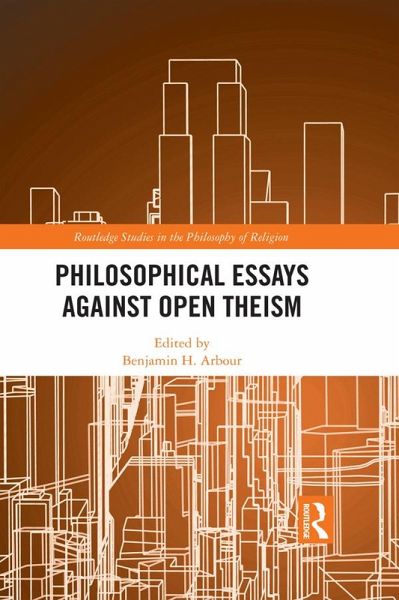
Philosophical Essays Against Open Theism (eBook, ePUB)
Versandkostenfrei!
Sofort per Download lieferbar
42,95 €
inkl. MwSt.
Weitere Ausgaben:

PAYBACK Punkte
21 °P sammeln!
This new collection of philosophically rigorous essays critiques the interpretation of divine omniscience known as open theism, focusing primarily on philosophically motivated open theism and positing arguments that reject divine knowledge of future contingents in the face of the dilemma of freedom and foreknowledge. The sixteen new essays in this collection, written by some of the most renowned philosophers on the topic of divine providence, represent a philosophical attempt to seriously consider open theism. They cover a wide variety of issues, including: the ontology of time, systematic met...
This new collection of philosophically rigorous essays critiques the interpretation of divine omniscience known as open theism, focusing primarily on philosophically motivated open theism and positing arguments that reject divine knowledge of future contingents in the face of the dilemma of freedom and foreknowledge. The sixteen new essays in this collection, written by some of the most renowned philosophers on the topic of divine providence, represent a philosophical attempt to seriously consider open theism. They cover a wide variety of issues, including: the ontology of time, systematic metaphysics, perfect being theology, the Christian doctrine of the Incarnation, the problem of evil, and the nature of divine knowledge in general. Philosophical Essays Against Open Theism advances the discussion by wrestling against the assertions of open theism, and will be of interest to both proponents and opponents of this controversial issue.
Dieser Download kann aus rechtlichen Gründen nur mit Rechnungsadresse in A, B, BG, CY, CZ, D, DK, EW, E, FIN, F, GR, HR, H, IRL, I, LT, L, LR, M, NL, PL, P, R, S, SLO, SK ausgeliefert werden.




